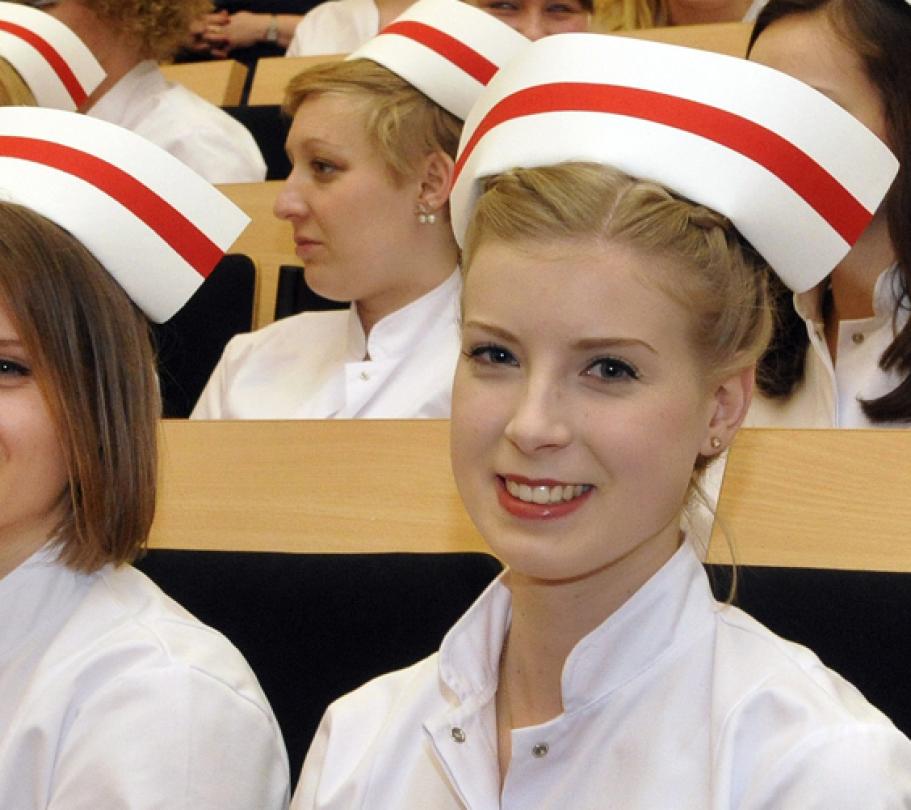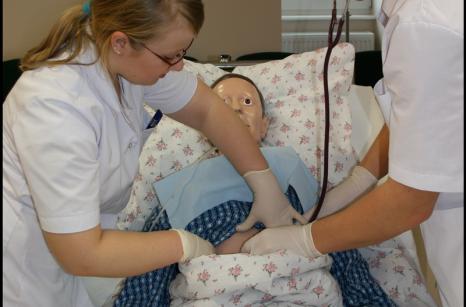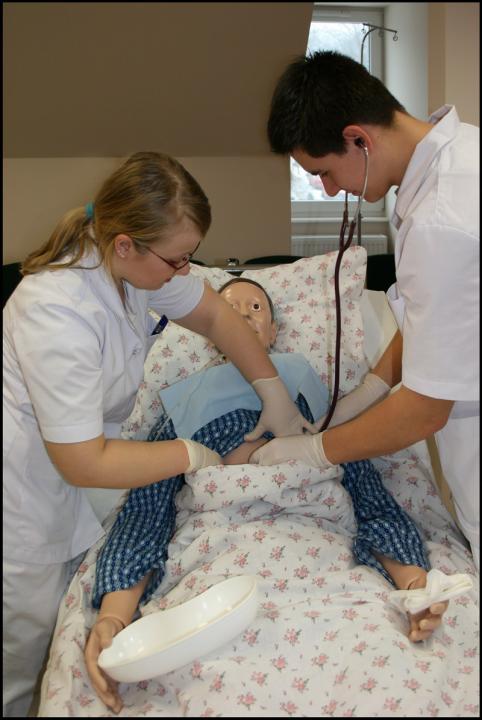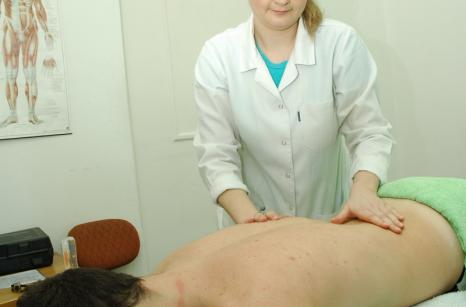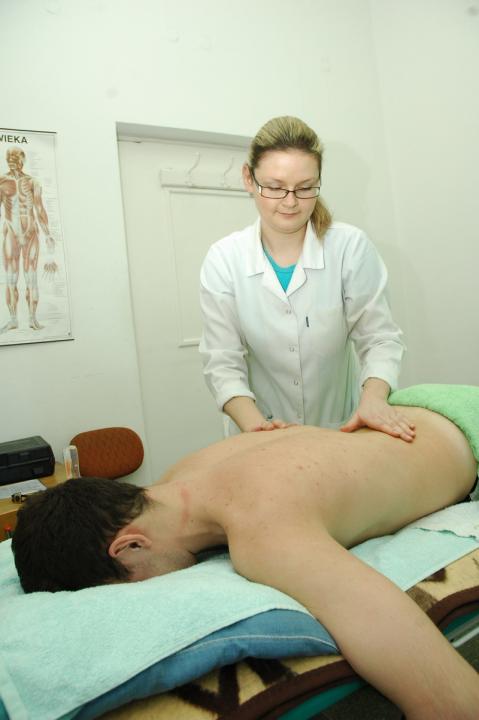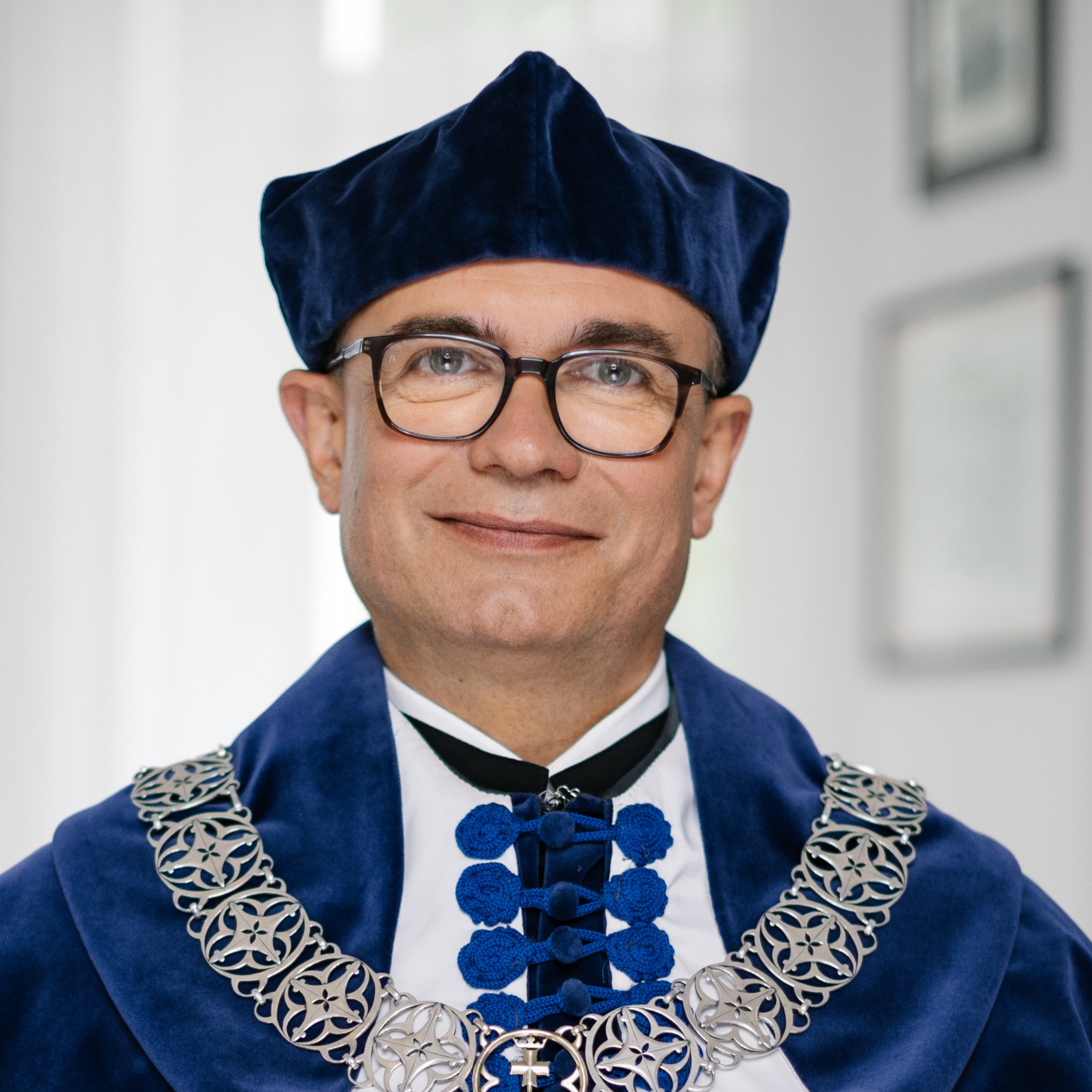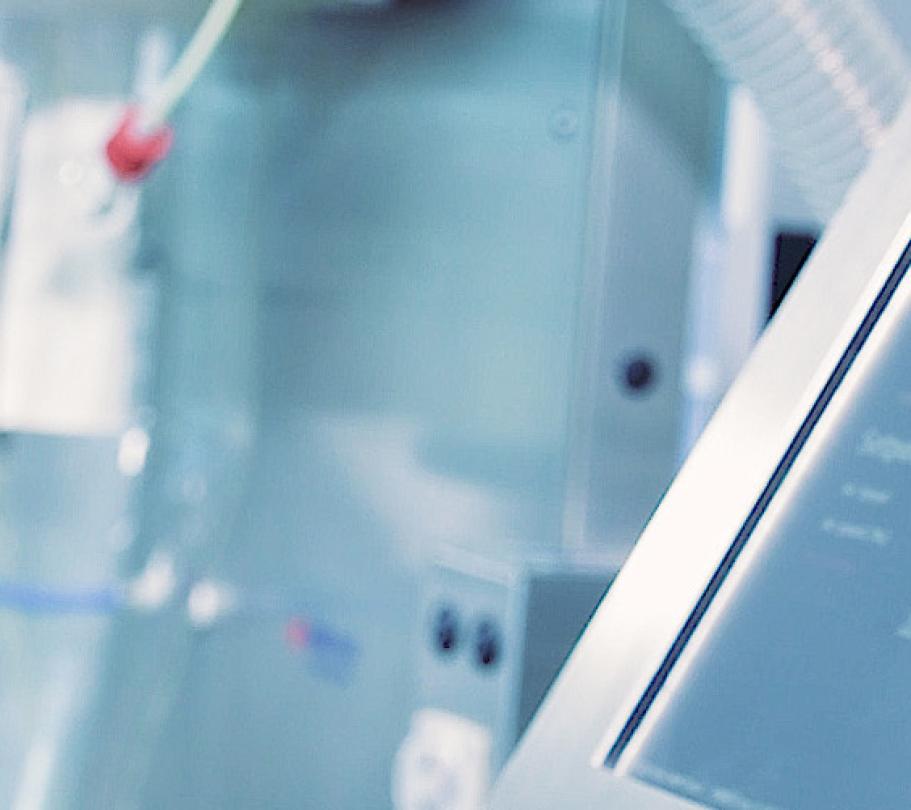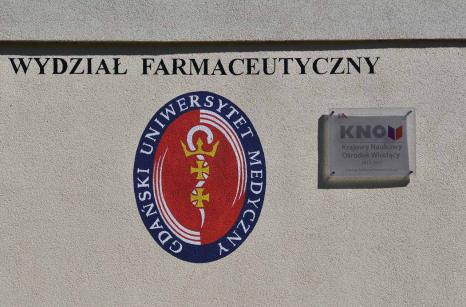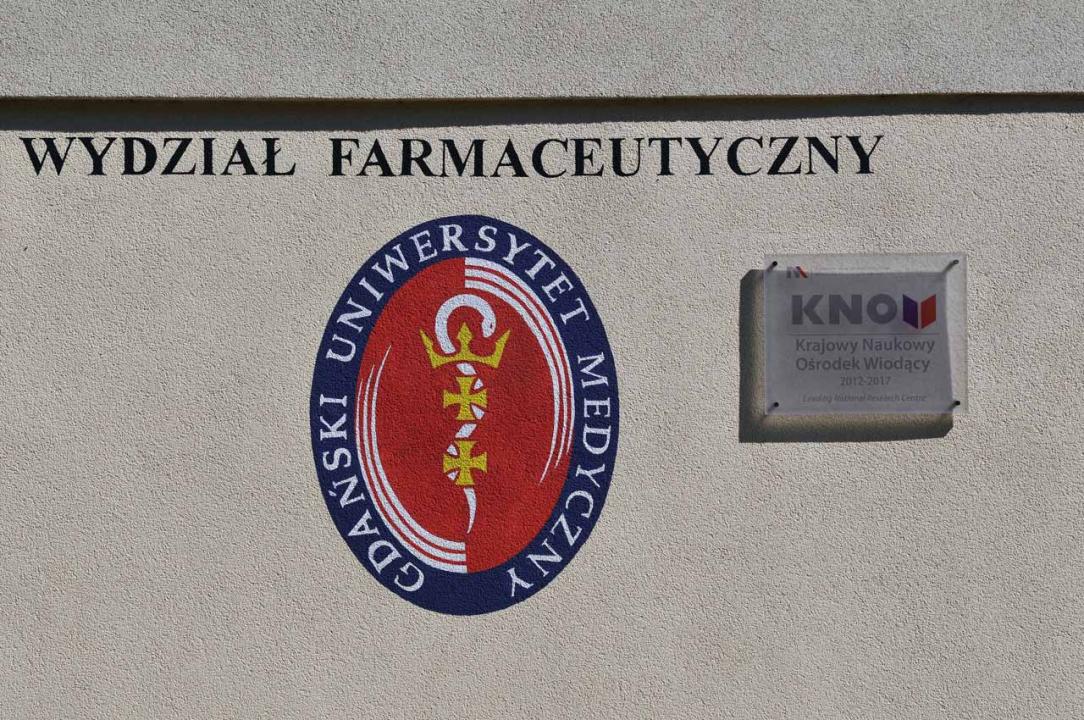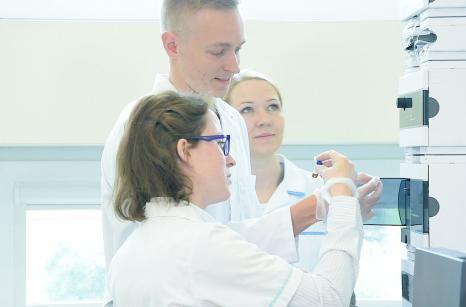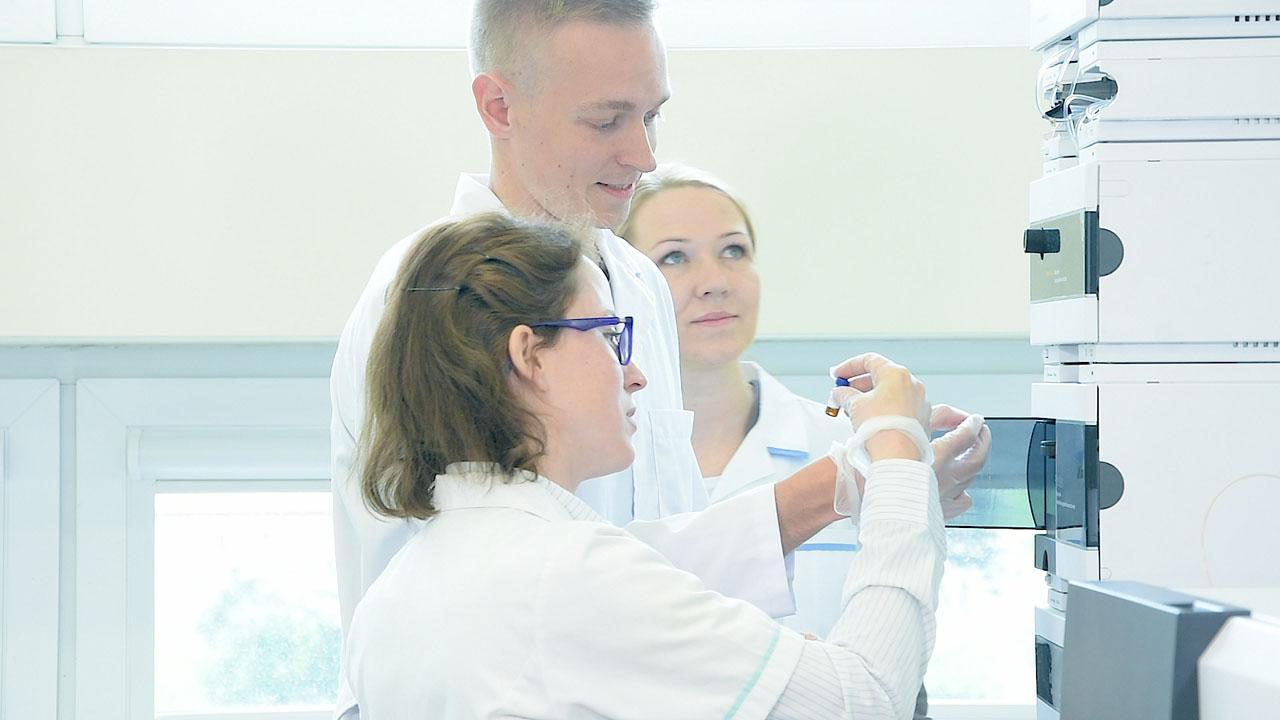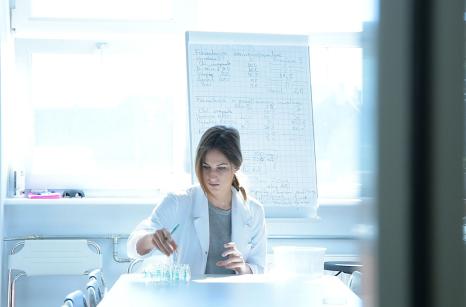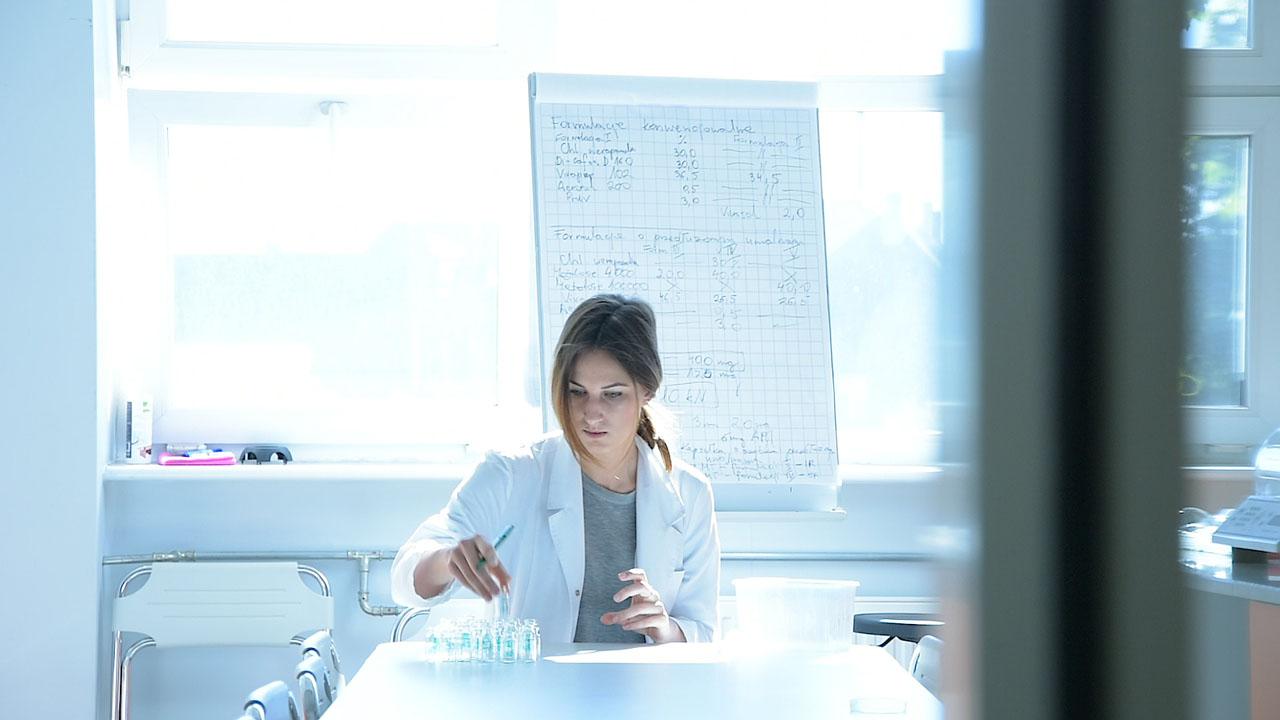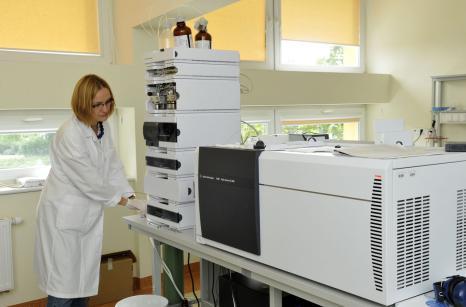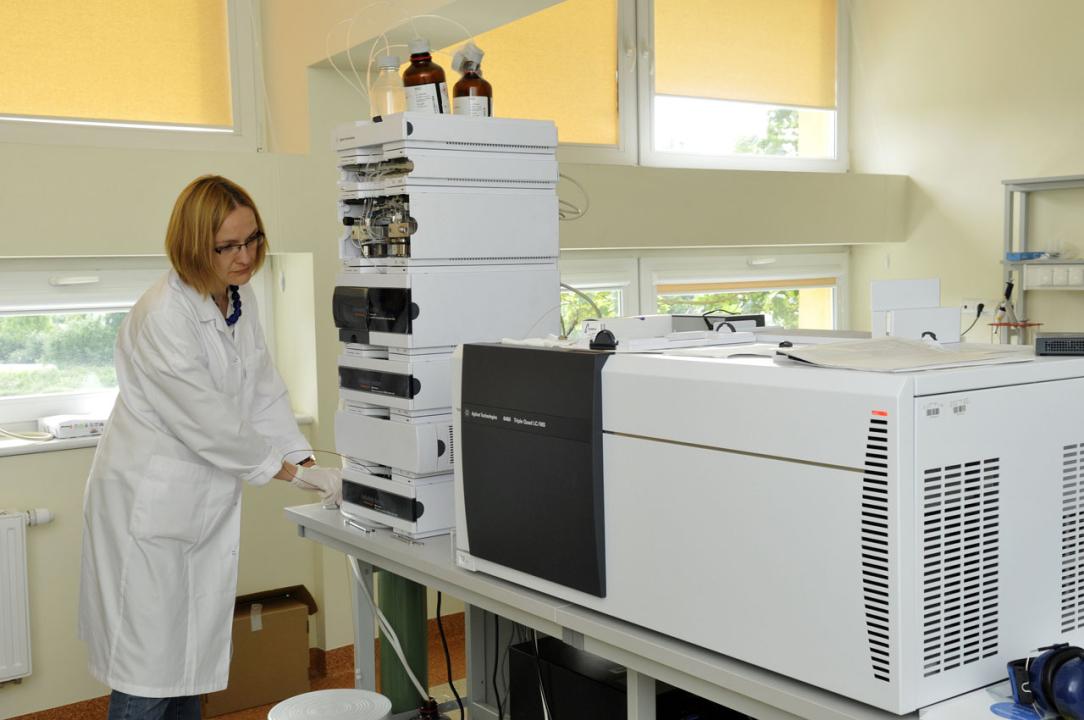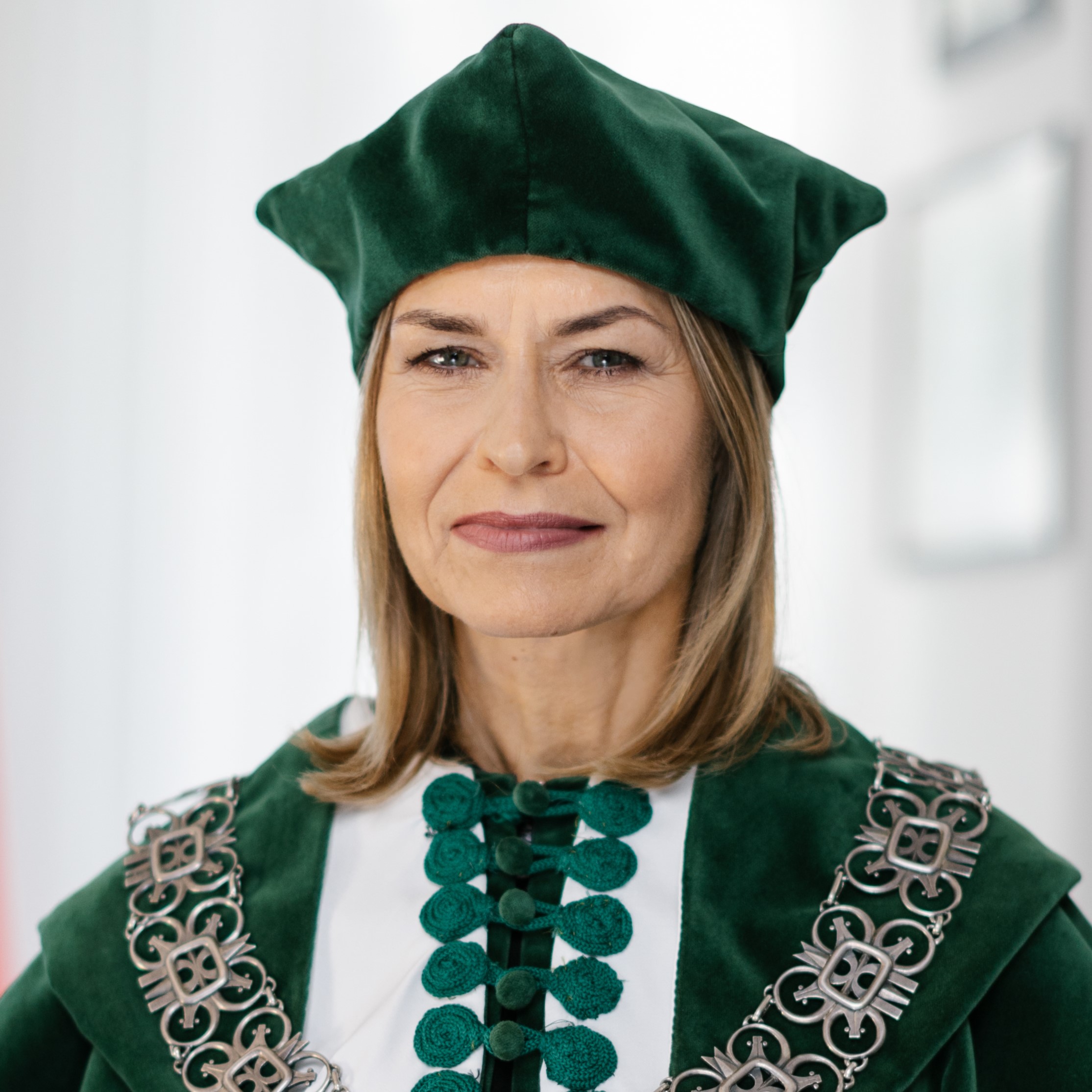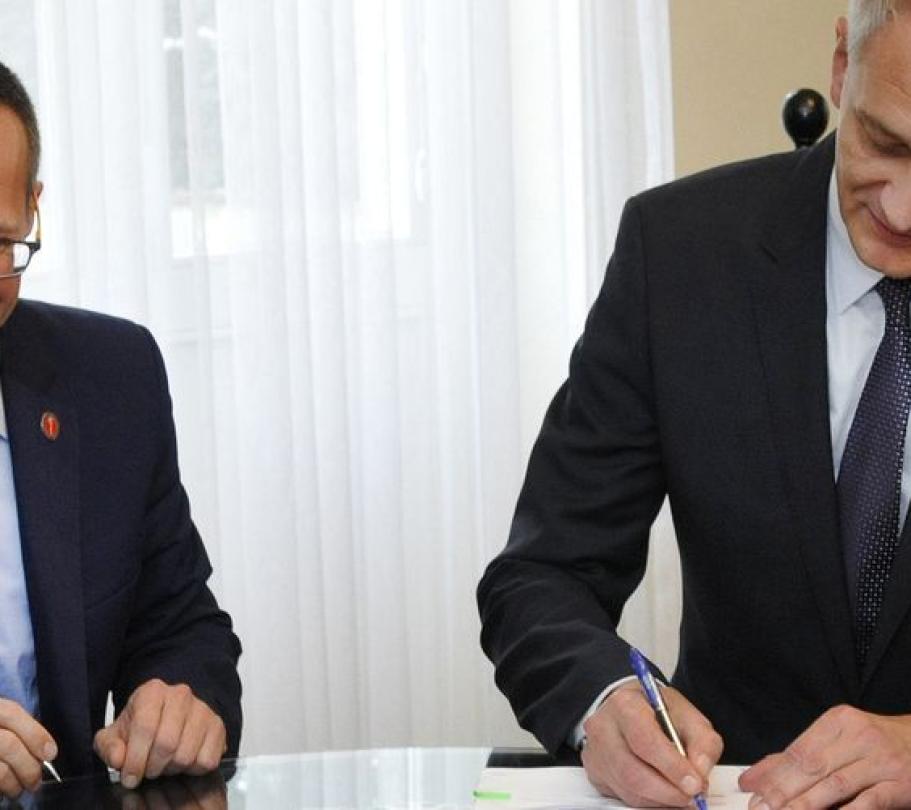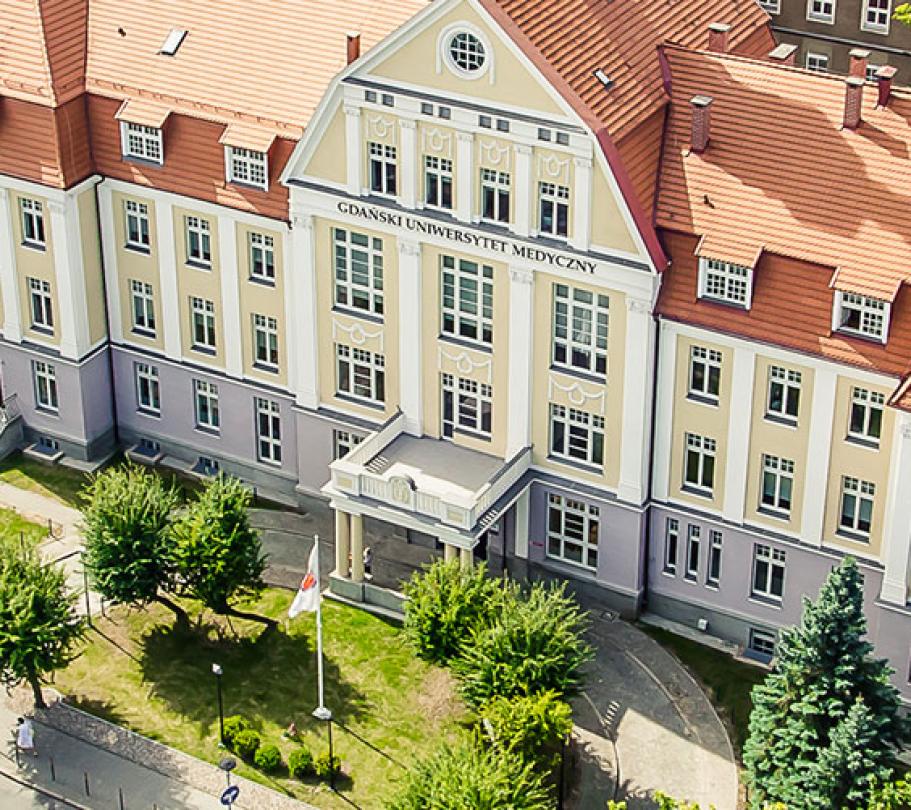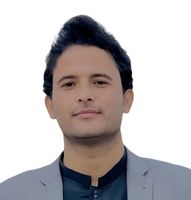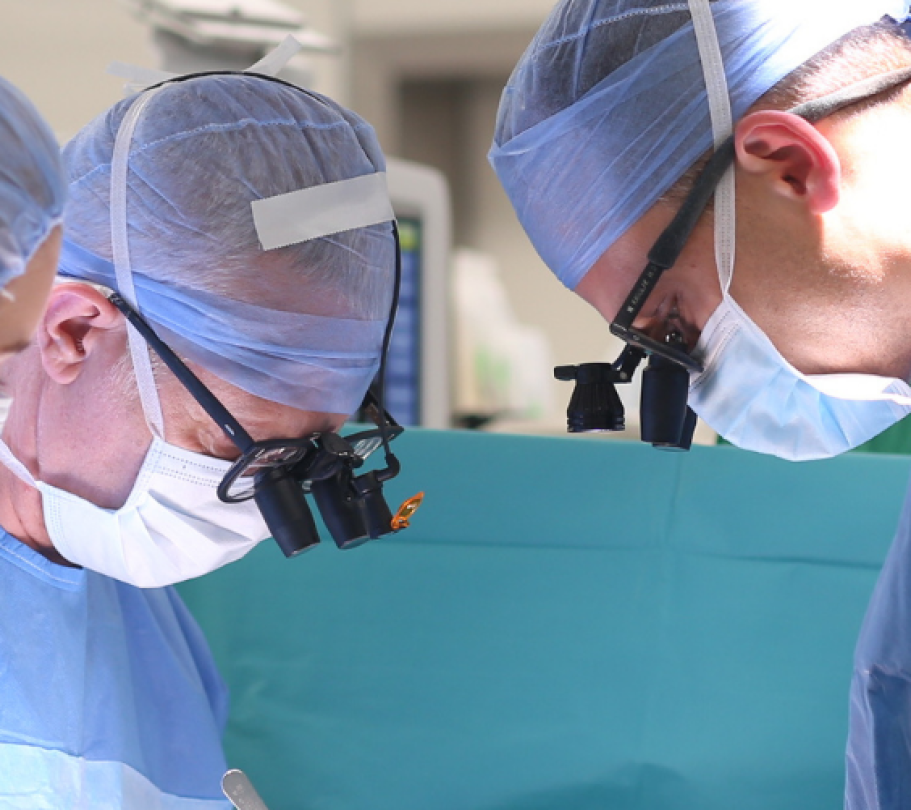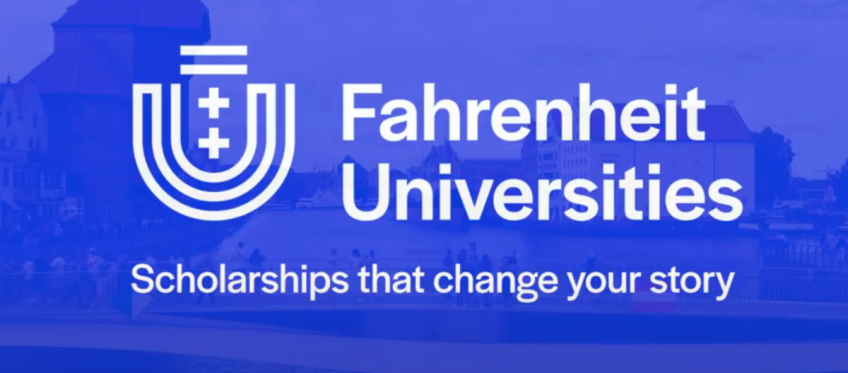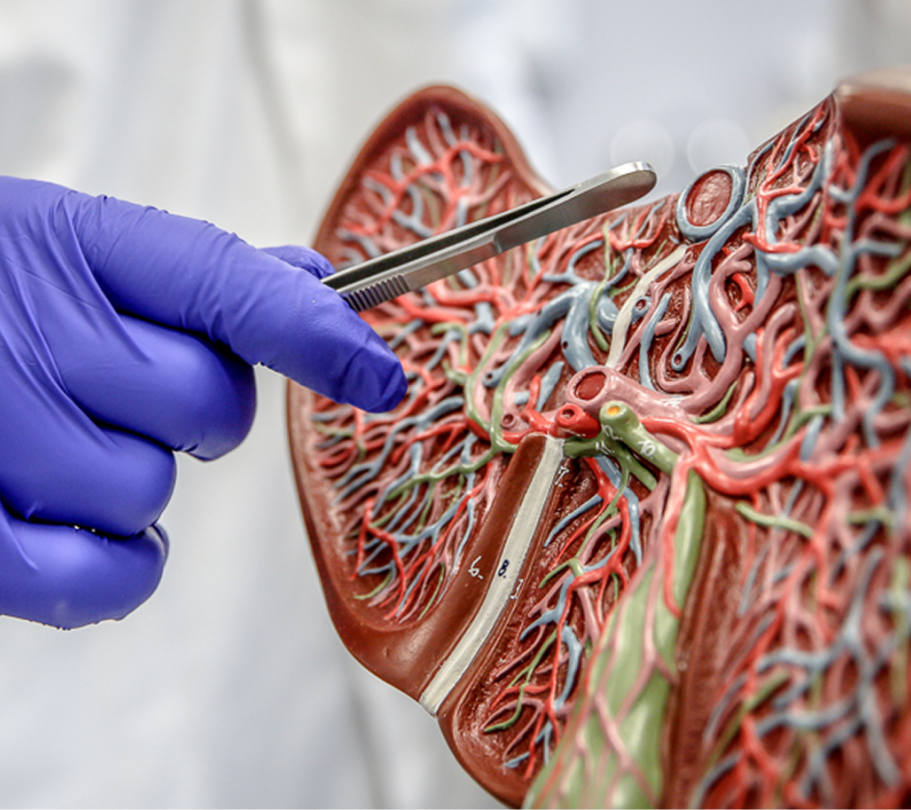The Faculty of Health Sciences with the Institute of Maritime and Tropical Medicine provides education in 11 fields of study: dietetics, electroradiology, physiotherapy, nursing, including English Division, midwifery, health psychology, medical rescue service, public health – management in the health system, public health, environmental health and occupational health and safety. There are full-time and part-time Bachelor’s and Master’s degree studies, a total of 19 different courses. Currently it is one of the leading Faculties of Health Sciences in the country, which in the last scientific evaluation received a high category A.
The structure of the Faculty of Health Sciences inculdes 43 different organisational units. A small part of classes of particular faculties takes place on the premises of units of Medical Faculty and Institute of Maritime and Tropical Medicine in Gdynia. The research outline of the Faculty of Health Sciences includes research in the following fields: nursing studies, medical rescue service, public health, health-care economics, medical law, furthermore: radiological and radioisotopic research, psychology, parasitology and many more.
The Faculty of Health Sciences cooperates with the Nursing Department of Florida University in Gainesville (USA), the University of Karlskrona and University of Gothenburg (Sweden), Klaipeda University (Lithuania), Nice University (France), University of Porto (Portugal), University of Toledo (USA), University of Turku (Finland) and 15 more.
The Faculty is authorised to confer doctoral and post-doctoral degrees in medical sciences and health sciences.
Nostrification of diploma: detailed information on nostrification of documents is available at www.structure.mug.edu.pl.
